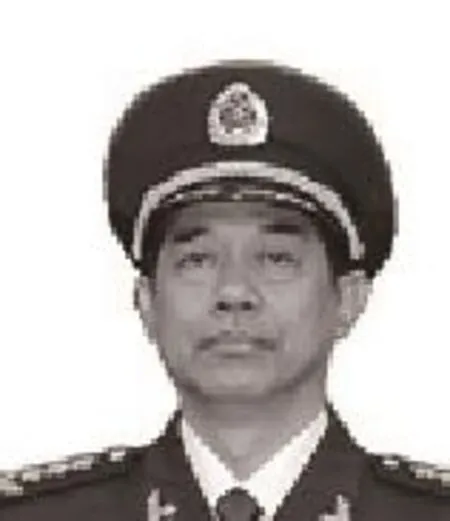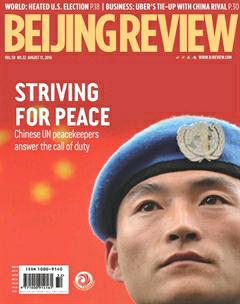How Far Are We From an Olive Society?
How Far Are We From an Olive Society?
People’s Daily July 27
The Chinese have been committed to building a so-called “olive society,” an ideal socioeconomic structure in which the middle-income group accounts for a majority of the population. However, low-income people still make up a large proportion of the Chinese population. Many in rural areas have yet to get rid of poverty. China has a long way to go in order to become an olive society.
First of all, the transformation of industrial structures should be stepped up in order to create more job opportunities for well-educated workers and professionals. Also, the development of higher education should be pushed forward. Improvements in education levels will help produce a larger number of middle-income people and contribute to changes in China’s social structure.
Meanwhile, the social safety net is of great importance. A fully established social insurance system can prevent the middle-income group from falling back down the social ladder as a result of suffering misfortunes such as severe illness.
The evolution of the social structure requires many preconditions and takes a long time. It is predicted that by 2040, the number of China’s white-collar workers will exceed that of its blue-collar workers, and that by 2050, white-collar workers will account for 60 percent of China’s labor force. By then, China will have become an olive society.
Ü A NEW GENERAL

Zhu Fuxi, Political Commissar of the Western Theater Command, was promoted to the rank of general, the highest rank for officers in active service, on July 29, along with Yi Xiaoguang, Deputy Chief of Staff of the Joint Staff Department of the Central Military Commission (CMC).
President Xi Jinping, who also chairs the CMC, presented the two with certificates of command and extended his congratulations.
Zhu, 61, comes from east China’s Zhejiang Province. He joined the military as a soldier in 1974 and worked his way up through the ranks. He was secretary general of the PLA General Political Department from 2005-08 and director of the Political Department of the PLA Air Force from 2009-12 as well as political commissar of the Chengdu Military Area Command before assuming his current post.
“Filled with hostility toward the Chinese military, it stirs up trouble between China and its neighbors and attempts to deceive the international community.”
Wu Qian, Defense Ministry spokesman, opposing Japan’s 2016 defense white paper, which was issued on August 2 and contains accusations of China’s national defense and legal maritime activities in the east and south China seas
“Young people born in the 1980s and 1990s have active thoughts, and the Communist Youth League (CYL) has to adapt to their needs and improve its services.”
Ding Yuanzhu, a professor at Peking University, commenting on the recent launch of an overhaul of the CYL, a national youth organization with 88 million members

